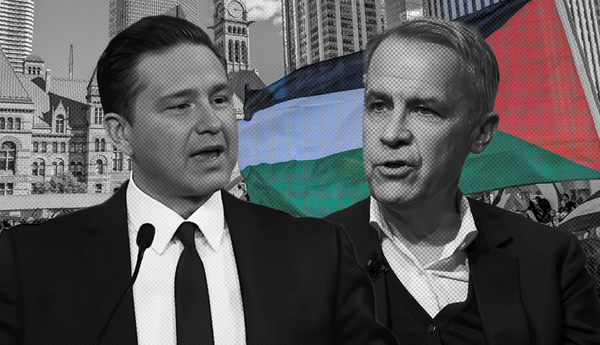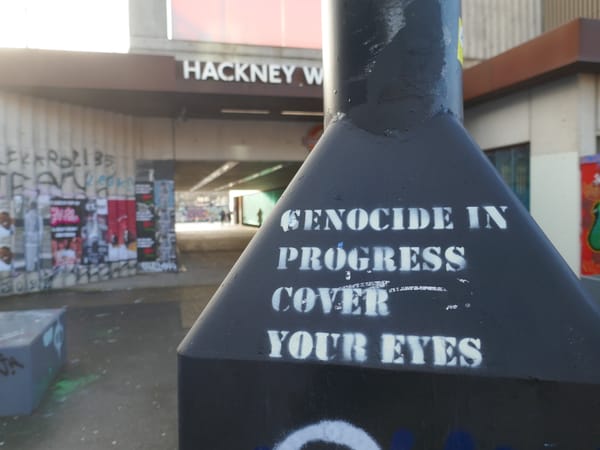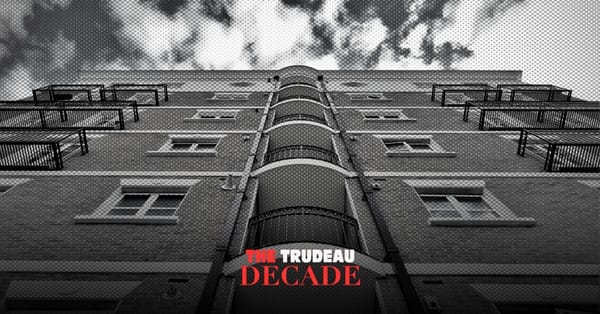Ninety-nine years after its birth in Guelph, Ont., the Communist Party of Canada (CPC) is still relevant for today’s struggles to build a better world. As a member for nearly half of the party’s existence, my feeling is inevitably tied to my own experiences, but it also reflects more general questions for the political left.
Back when I joined in 1972, we were certainly a small organization, with less influence than during the high-water mark of the 1930s through the mid-50s. But the CPC — the Conservatives later stole our acronym — had a strong presence in the trade union movements of both English-speaking Canada and Quebec, several widely-read newspapers, a network of experienced members and active clubs in eight provinces, a newly-reorganized Young Communist League, and, of course, a proud half-century of struggle for radical change. Not least, we had close ties to many countries with ‘real, existing socialism,’ including the Soviet Union and Cuba.
Those were good years, marked by membership growth and a recovery from the harsh blows of the Cold War era. Then, in the early 1990s, events beyond our control dramatically changed the political terrain. I was among those who concluded that despite the destruction of the Soviet Union and other setbacks, the goal of socialism remained viable. That remains my view, and millions of young people across the globe have begun to arrive at similar conclusions.
But how does this sentiment turn into a winning strategy for revolutionary change, for socialism? That’s where the CPC’s relevance emerges. Not because our party has all the answers, but because we have a resilient revolutionary political model.
People around the world are fighting for survival against a deadly pandemic. Countries with socialist policies — China, Vietnam and Cuba — have been far more effective in this fight than many others. Meanwhile, many of the leading capitalist powers have been struggling due to their governments’ imposition of neoliberal austerity policies aimed at transferring wealth from the working class to the rich, and consequently, weakening of health care systems.
The resulting chaos has forced major social spending initiatives in Canada, the United States and elsewhere, completely negating neoliberal arguments. To generate profits, capitalism still needs a working class to produce commodities, provide services and consume output. Workers can do quite well without capitalist bosses, but the bosses have nothing without workers.
Unfortunately, however, capitalism will not skulk away in shame simply because the bosses have been compelled by a crisis to change their tactics. Assuming that a vaccine is developed and life returns to ‘normal’ — whatever that is for people already mired in deep poverty and oppression — the emerging fight will be around ‘who pays’ for the recovery.
The outcome will depend on how well organized our side can be, and our ability to unite working people around progressive solutions leading in the direction of socialism. This requires an organization that actually makes socialism its priority, unlike the modern day NDP, which in April 2013 voted overwhelmingly to remove the final reference to “socialism” from the preamble to the party’s constitution.
Even a ‘new and improved NDP,’ or a new social democratic formation with stronger policies, is insufficient. For example, look at what happened in Greece, where the Syriza party displaced the discredited social-democratic PASOK. After the new upstarts formed a government in January 2015, they ended up implementing most of the neoliberal austerity policies demanded by big European capital. This shows the importance of a stronger Communist Party which does stand for a decisive break with capitalism.
Many of the social and political policies broadly supported in Canada were first advocated by the Communist Party. Yet we also consciously link today’s struggles for progressive reform with the goal of a socialist society. We openly call for public ownership, global disarmament, solidarity with Palestine, an end to the pernicious “right to protect” doctrine and a wide range of other radical and anti-imperialist demands.
Similarly, unlike the Green Party, Communists argue that the changes necessary to dramatically reduce humanity’s carbon footprint are incompatible with a system based on the private profit motive. Only socialism can make that leap, and it won’t happen by accident.
That’s why the CPC has a structure and political praxis to provide activists with serious training and education, along with democratic debate followed by unity in action. Our members and elected leaders are primarily people from working class origins, providing a bedrock stability of vision and purpose. Communists in Canada are also a remarkably diverse bunch, many from relatively recent immigrant backgrounds — a constant throughout our history — old and young, urban and rural, straight and queer, Indigenous and non-indigenous, and of all different genders.
We aren’t perfect, but our commitment to full equality and diversity, our principled support for the right of self-determination for all nations in Canada, and our strategy of building working class unity, are all highly relevant.
In this society, ruling class ideology defines political parties in exclusively parliamentary terms, which confines the electoral arena to forces that accept the premise that capitalism is the only conceivable economic system. The Communist Party refuses to divorce politics from grassroots activism.
For us, elections are a valuable opportunity to contest bourgeois ideology and present working people with truly radical alternatives. Communist candidates and members put our case to people on the street, jobs and campuses, at forums, and of course on social media. We don’t get many votes — thanks largely to the first-past-the-post system — but we do get support and appreciation, and new members.
After the ballots are counted, we refocus on what we’ve always done best: organizing and mobilizing at the grassroots community and workplace level, helping each other fight the bosses, counter the multi-faceted attacks of the capitalist state and fascist bigots, and educating ourselves and our friends about Marxist-Leninist theory and politics.
Ultimately, however, our vision is far more radical than simply doing our part to help build a better opposition. A revolutionary party is necessary to mount a serious counter-offensive, with the aim of winning power and building a new society. Movements alone, even large ones, aren’t enough to achieve such a transformation.
There’s nothing easy about being a communist in Canada today. It’s a tough struggle. But this country needs more communists, just as it did during the Dirty Thirties, the Cold War and when neoliberalism attacked every gain achieved through mass struggles of earlier decades. History shows that you don’t have to be a communist to fight back, but you do need communists to win. As the song goes, “You ain’t been doing nothin’ if you ain’t been called a Red.” That’s why we’re still relevant, and that won’t change.






